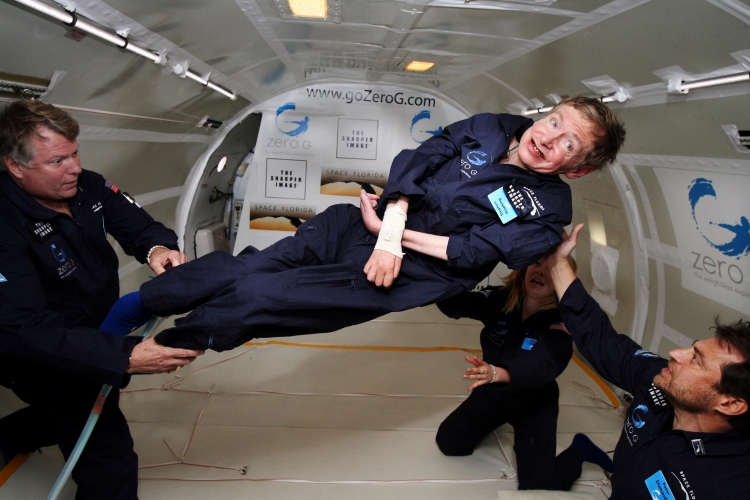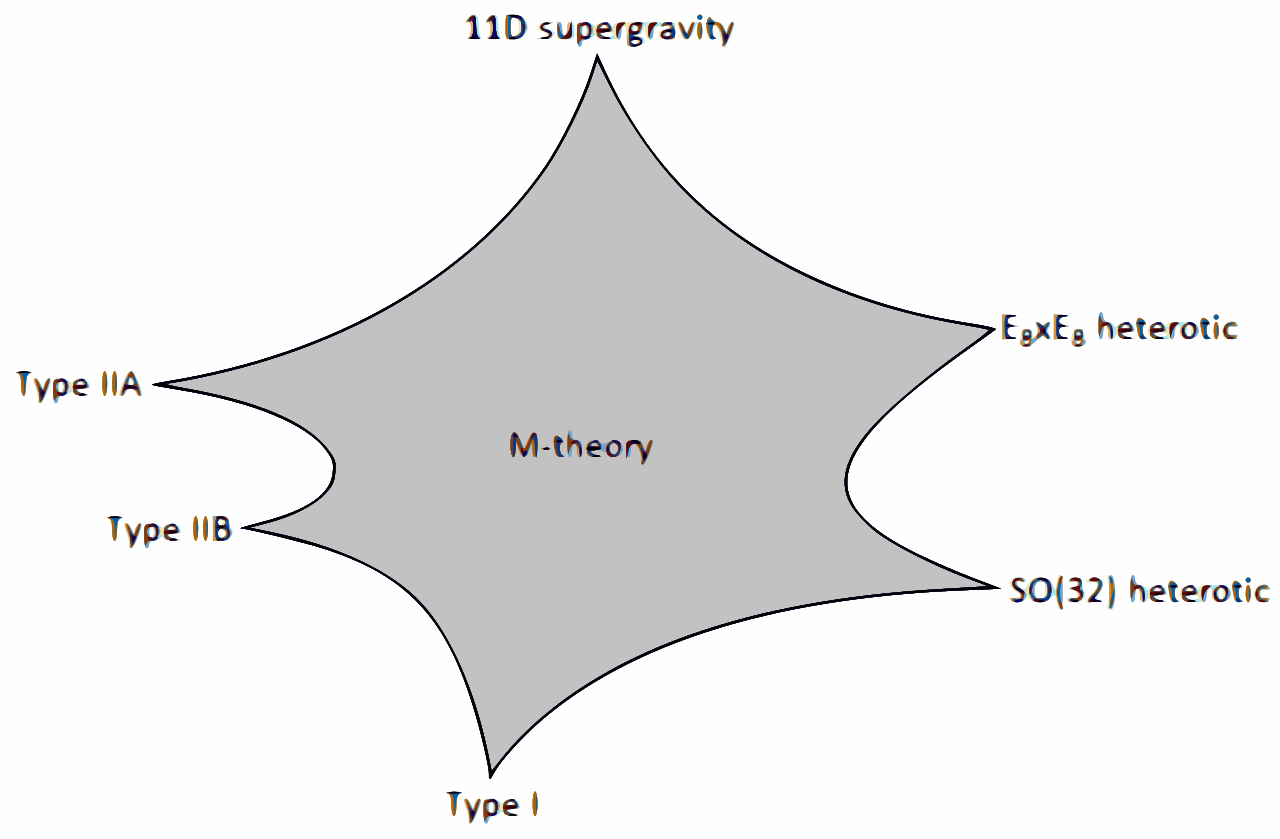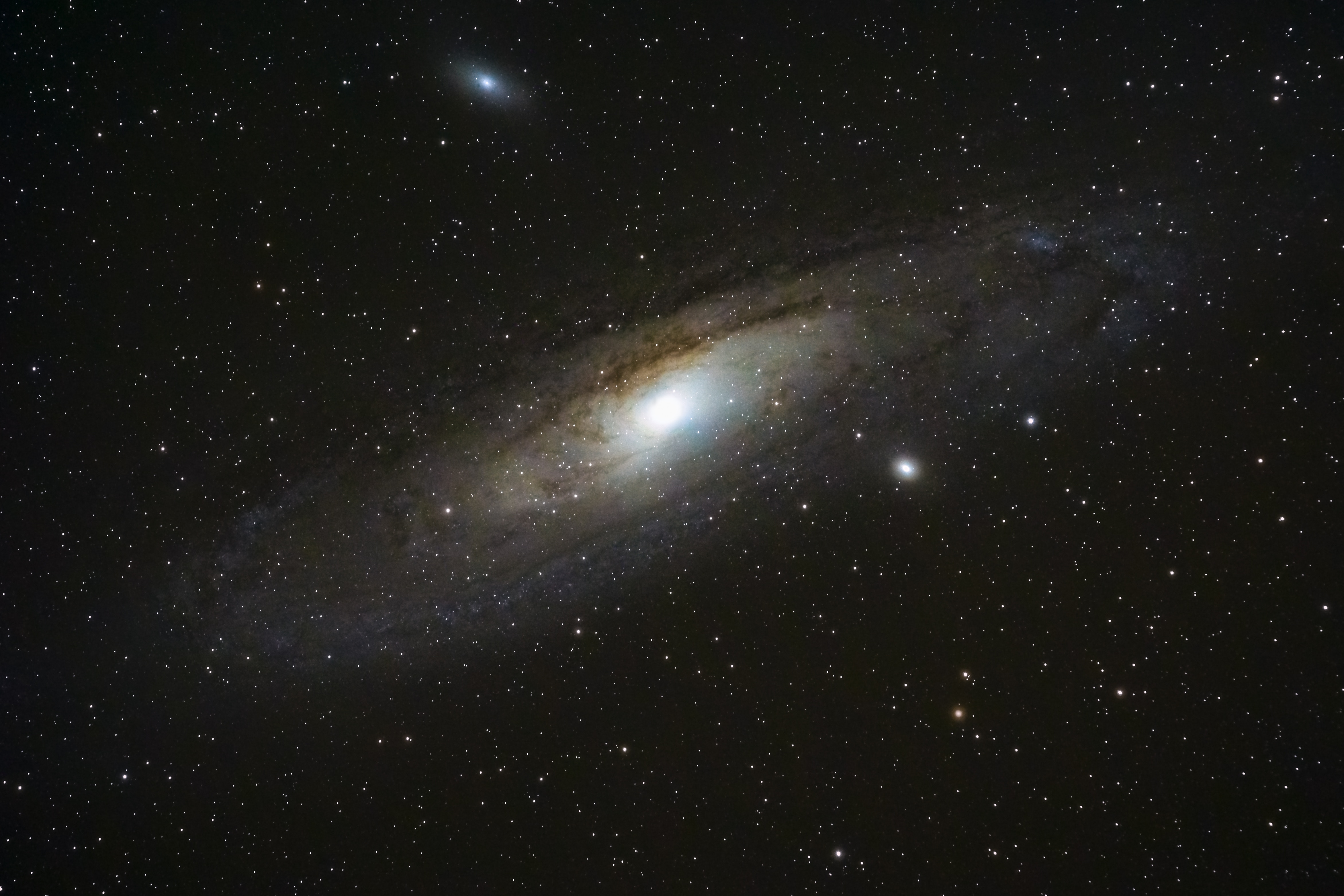The Life of A Brilliant Mind

Let's leave aside current affairs and plunge into the world of science, and more specifically - theoretical physics. Stephen Hawking—one of the most famous and popular physicists of our time, made many scientific discoveries and assumptions about the structure of the world. Apart from his genius contributions to physics and cosmology, Stephen Hawking also had strong political opinions.
Stephen William Hawking was born on 8 January 1942 in Oxford, England, in the middle of World War II. At the age of 21, Hawking started to develop the first symptoms of Amyotrophic Lateral Sclerosis (ALS or Lou Gehrig's disease), a type of motor neuron disease which would eventually cost him almost all neuromuscular control. We all heard of a multitude of discoveries and theories presented by the world famous genius, but I’ve decided to present a few interesting concepts that Hawking presented to the world.
The physicist managed to prove to the world of science that the past is a probability. According to Hawking, one of the consequences of the theory of quantum mechanics is that events that occurred in the past did not occur in any definite way. Instead, they occurred in all possible ways. This is due to the probabilistic nature of matter and energy according to quantum mechanics: until there is an outside observer, everything will float in uncertainty. He personally explained this in the following way, “Regardless of what memories you keep about the past at present, the past, like the future, is vague and exists in the form of a spectrum of possibilities.” So next time you get a bad grade or have an unpleasant experience, think that that interpretation of events is just one of the millions of other interpretations of the same event, floating in time around you.
By evaluating and perfecting a previous theory, Hawking drew a conclusion that there is also a "Theory of Everything". The M-theory, proposed by Edward Witten in the 1990s, was comprehended and refined by Hawking and his colleague Leonard Mlodinow. M-theory is a branch of the string theory and describes the entire universe at once. According to it, at the very smallest level, all particles consist of branes—multidimensional membranes whose properties can explain absolutely all the processes taking place in our universe. By the way, this theory also presupposes the existence of a vast number of universes in which physical laws differ from ours.
A visual representation of the M-theory. Image Credit: Wikimedia Commons/Polytope24
The general theory of relativity directly relates to errors in navigation systems. It was formulated by Einstein in 1915. It postulates that "gravitational effects occur not due to the force interactions of bodies and fields in space-time, but due to the deformation of space-time itself, which is associated, in particular, with the presence of mass-energy.” Hawking acted as a popularizer of this theory. He argues, in particular, that “If the general theory of relativity is not taken into account in GPS-satellite navigation systems, errors in determining global positions will accumulate at a speed of about 10 km per day. It is important to understand that the closer the object is to the Earth, the slower the time flows. Thus, depending on how far the satellites are from the Earth, their clocks will work at different speeds. We would be able to compensate this difference automatically if this effect were taken into account.”
When in a less scientific and more philosophical mood, the genius presented us with a conclusion that aquarium fish are depressed. “Imagine yourself a fish living in an aquarium with bulging walls. What would you know about our world if you looked at it all the time in distortion from the glass and could not get out? It is impossible to know the true nature of reality: we believe that we clearly understand the world around us, but, metaphorically speaking, we are doomed to spend all our lives in the aquarium, because the possibilities of our body do not allow us to get out of it," Hawking argues. The fun fact follows: impressed with this metaphor, the authorities of the city of Monza, Italy, in 2004, have legislatively forbidden to keep fish in round aquariums so that the distortion of light did not prevent the fish from perceiving the world as it is.
Quarks, which you should read up on, apparently are never alone. Quarks, the "building blocks" of protons and neutrons, exist only in groups and never - one at a time. The force that binds the quarks increases with the distance between them, so if you try to pull one quark from another, the stronger you pull, the stronger it will try to break out and go back. So there is no such thing as a single quark in nature. Not such a fun, but an important discovery made by Hawking. If you want a smart pick up line you might as well apply this theory in comparison to human relationships.
Our neighboring galaxy, M31 or better known as the Andromeda Galaxy. Image Credit: Unsplash/Bryan Goff
Another claim by Stephen Hawking was that the universe gave birth to itself. Hawking was a convinced atheist, so he devoted a lot of time to scientific proofs that God was not necessary for the existence of life. One of his famous statements reads: “Since there is such a force as gravity, the universe could and has created itself out of nothing. Spontaneous creation is the reason why the universe exists, why we exist. There is no need for God to 'light' the fire and make the universe work.”
That being Stephen Hawking’s religious views, he always had strong political opinions on a range of topics. For instance, being born and bred in the UK, he wrote an article for The Guardian, where he expressed his opinion on Brexit: “I warned before the Brexit vote that it would damage scientific research in Britain, that a vote to leave would be a step backward, and the electorate, or at least a sufficiently significant proportion of it, took no more notice of me than any of the other political leaders, trade unionists, artists, scientists, businessmen and celebrities who all gave the same unheeded advice to the rest of the country.”
In the same article he also addressed Trump via a statement about climate change: “To do that (protect the world), we need to break down, not build up, barriers within and between nations. If we are to stand a chance of doing that, the world’s leaders need to acknowledge that they have failed and are failing the many.”
Further, he also made his point on the war in Syria: “What’s happening in Syria is an abomination, one that the world is watching coldly from a distance. Where is our emotional intelligence, our sense of collective justice?” He proceeded by urging people to be more politically and socially active by saying, “We must work together to end this war and to protect the children of Syria. The international community has watched from the sidelines for three years as this conflict rages, engulfing all hope. As a father and grandfather, I watch the suffering of Syria's children and must now say: no more.”
Syrian opposition fighter in the north of Aleppo. Image Credit: Flickr/William Proby
In an AMA session on Reddit, Stephen Hawking has given a peculiar answer to an interesting question. The question was angled towards the idea, whether there is a possibility of technological unemployment. Hawking clearly responded: “If machines produce everything we need, the outcome will depend on how things are distributed. Everyone can enjoy a life of luxurious leisure if the machine-produced wealth is shared, or most people can end up miserably poor if the machine-owners successfully lobby against wealth redistribution. So far, the trend seems to be toward the second option, with technology driving ever-increasing inequality.” Whether the inequality will prevail or the track will change for the good of the people, fully depends on us. The “brilliant mind” of Stephen Hawking has given us plenty of food for thought and it is up to us to respect the memory of him by changing the world for the best.
RIP Stephen Hawking - born January 8th, 1942 and died March 14th, 2018.










